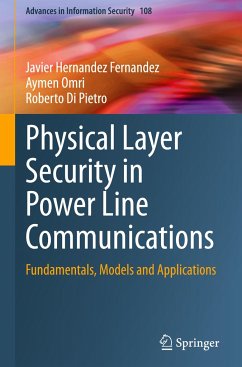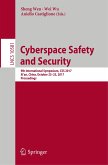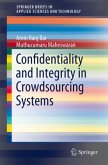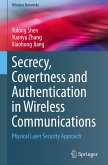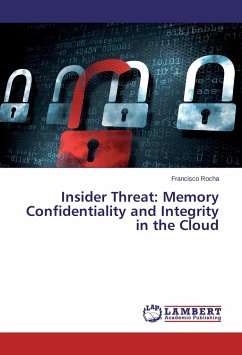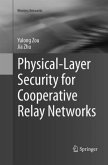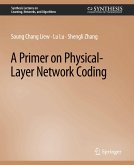This book emerges as a seminal work, addressing the critical need for robust security for power line communications (PLC), during an era where digital interconnectivity is paramount yet vulnerable. This comprehensive volume offers a deep dive into the realm of PLC, a technology increasingly central to our interconnected power grid infrastructure and explores its potential as a cornerstone for various applications.
This book opens with a clear and informative introduction to PLC, shedding light on its present status and importance. The authors then delve into the heart of the matter: the application of physical layer security (PLS) in PLC networks. PLS, an emerging field in its own right, is presented as a vital complement or alternative to traditional communications security methods, especially relevant for securing networks of low-complexity devices that are pivotal in PLC applications.
This exhaustive treatment of PLS in PLC is unprecedented, both in its scope and depth. This book not only clarifies the fundamental principles of PLS in PLC, but also provides actionable insights for mitigating risks and enhancing resilience. Targeted towards engineers, researchers, graduate students and practitioners grappling with the multifaceted aspects of cybersecurity in energy infrastructure, this book stands out for its clarity, rigor, and the practical applicability of its content. The authors share the results of their extensive research journey and practice, presenting compelling use cases that underscore the practicality of their findings, as well as insights to be prepared for the next challenges in the security of the grid infrastructure.
This book opens with a clear and informative introduction to PLC, shedding light on its present status and importance. The authors then delve into the heart of the matter: the application of physical layer security (PLS) in PLC networks. PLS, an emerging field in its own right, is presented as a vital complement or alternative to traditional communications security methods, especially relevant for securing networks of low-complexity devices that are pivotal in PLC applications.
This exhaustive treatment of PLS in PLC is unprecedented, both in its scope and depth. This book not only clarifies the fundamental principles of PLS in PLC, but also provides actionable insights for mitigating risks and enhancing resilience. Targeted towards engineers, researchers, graduate students and practitioners grappling with the multifaceted aspects of cybersecurity in energy infrastructure, this book stands out for its clarity, rigor, and the practical applicability of its content. The authors share the results of their extensive research journey and practice, presenting compelling use cases that underscore the practicality of their findings, as well as insights to be prepared for the next challenges in the security of the grid infrastructure.

